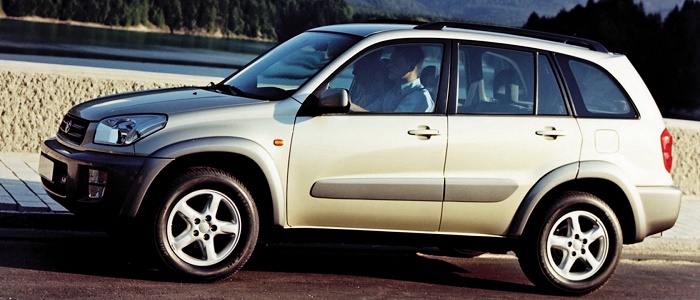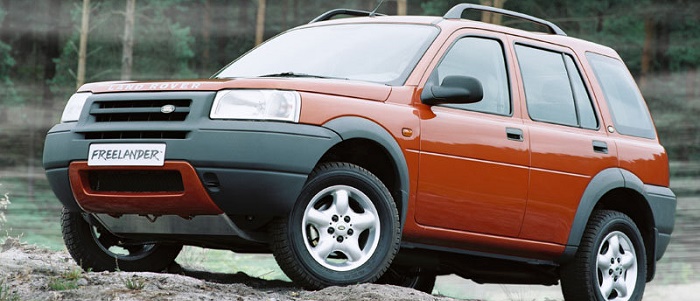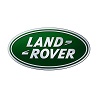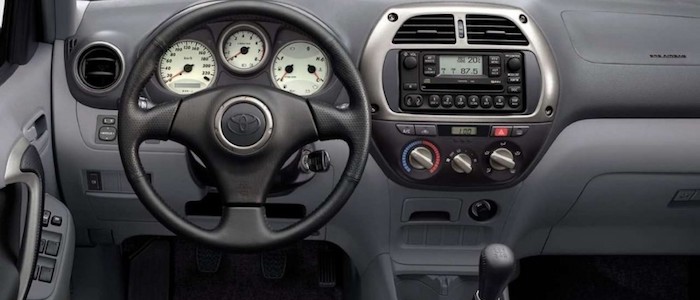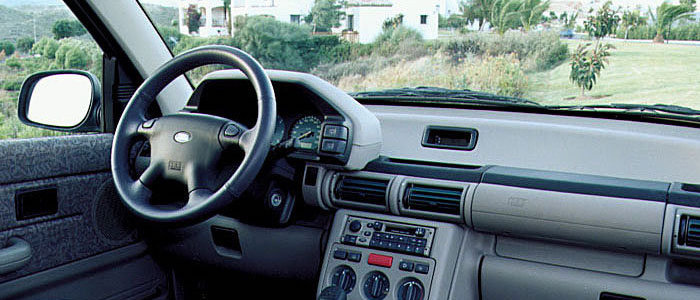Compare two cars
Compare any two cars and get our Virtual Adviser™ opinion
Dimensons & Outlines
Check vehicle history
Engine
Performance (manual gearbox)
Performance (automatic gearbox)
Expenses
Virtual Adviser's™ opinion
Well, these are two pretty similar cars we have here! It's only details that could potentially make the difference. Considering they both belong to the suv segment and utilize the same 5-door suv body style and the 4 x 4 wheel drive system, it all comes up to the specific diesel engine choice they offer. The first one has a Toyota-engineered powertrain under the hood, a 4-cylinder, 16-valves 116hp unit, while the other one gets its power and torque from a 4-cylinder, 16-valves 116hp engine designed by BMW.
SafetyUnfortunatelly, neither of the two vehicles was submitted to the European New Car Assessment Programme (Euro NCAP) testing. This makes it virtually impossible for me to pick one over the other and I'm generally against buying such cars as the safety should really always come first. Moving further on, let's take a closer look at some additional safety-related facts. Both vehicles belong to the suv segment, which is generally a very good thing safety-wise, still it doesn't help us solve our dilemma, does it? On the other hand, if we'd like to consider vehicle mass in this context too, which we definitely should, the British car offers a considerable difference of 14% more metal.
ReliabilityReliability is not the best thing to consider on the make level, but it is worth mentioning that Toyota is significantly less fault-prone, all the models observed together. These are the official statistics, while our visitors describe reliability of Toyota with an average rating of 4.6, and models under the Land Rover badge with 3.8 out of 5. Independent research findings rank RAV4 as average reliability-wise, and Freelander is more or less at the same level.Above it all, drivers of cars with the same engine as the Japanese car rank it on average as 4.5, while the one under the competitor's bonnet gets 4.2 out of 5.
Performance & Fuel economyToyota is undoubtly more agile, reaching 100km/h in 2.3 seconds less than its competitor. In addition to that it accelerates all the way to 170 kilometers per hour, 6km/h more than the other car. When it comes to fuel economy things look pretty much the same for both cars, averaging around 7.4 liters of fuel per 100 kilometers (38 mpg), in combined cycle.
Verdict
Toyota is apparently more reliable, not too much, but just enough. The most important thing when deciding between any two vehicles should always be safety, both passive and active. In my opinion, everything taken into account, the British car offers significantly better overall protection, taking the lead here. From there things take a different direction, with Toyota outracing its opponent in any situation possible, making it better choice for boy racers. To make things even better, it consumps less fuel! All together, there's not much more to say, in this case I wouldn't even consider anything but Toyota. Anyway, that's the most objective conclusion I could've came up with and it's based solely on the information found on this website. Aspects such as design, practicality, brand value and driving experience are there for you to measure them out. In case you have two minutes to spare I invite you to define your needs, desires and budget and see which car would be chosen by the virtual adviser™, among thousands of similar, yet so different vehicles.























